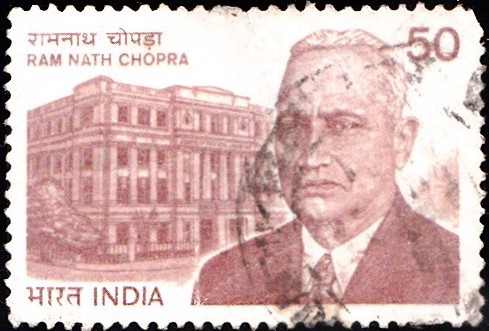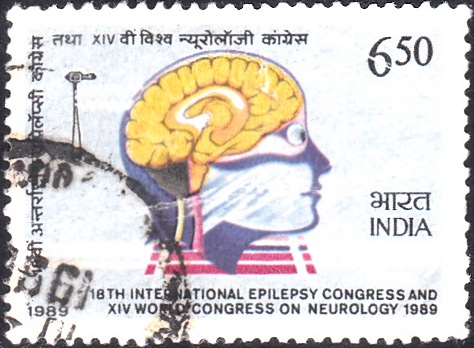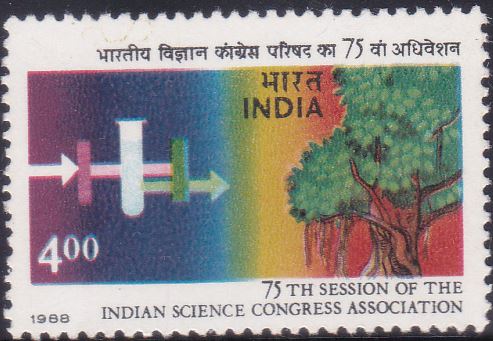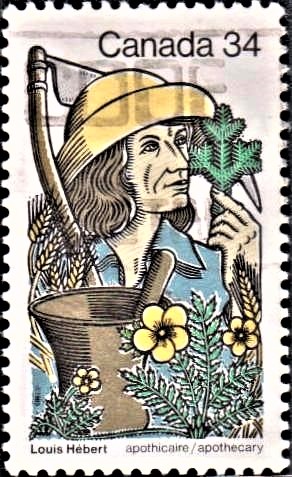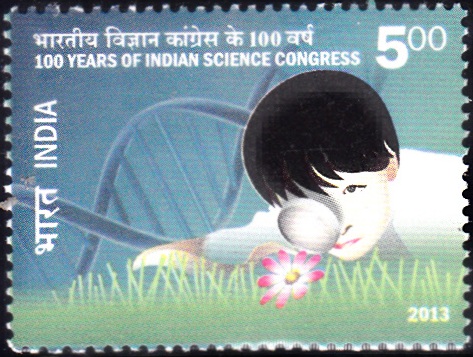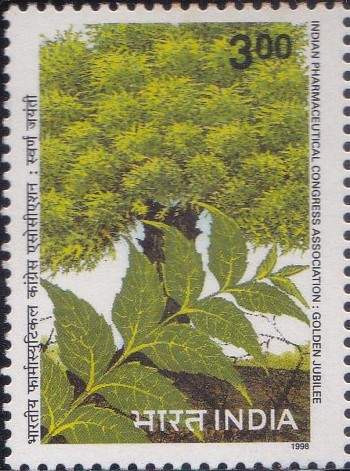
Indian Pharmaceutical Congress Association
A commemorative postage stamp on the Golden Jubilee of Indian Pharmaceutical Congress Association (IPCA), an apex body of the Indian Pharmacists :
 Issued by India
Issued by India
Issued on Dec 10, 1998
Issued for : The Department of Posts is happy to issue this stamp to commemorate the event.
Design : The stamp design depicts the Neem tree common to most parts of India, the leaves and other parts of which have been traditionally used in Indian Systems of Medicine. Today the modern pharmaceutical industry has re-discovered it and there are many drugs available in the market that are based on Neem extracts.
Credits :
Stamp & FDC : Ramesh Sukumar
Cancellation : Alka Sharma
Type : Stamp, Mint condition
Colour : Multi Colour
Denomination : 300 Paise
Overall size : 2.9 x 3.9 cms.
Printing size : 2.4 x 3.5 cms.
Perforation : 13.5 x 13.5
Paper : Matt Chromo
Stamps Printed : 1 Million
Number per issue sheet : 40
Printing Process : Photo offset
Printer : Calcutta Security Printers Ltd.
About :
- The Indian Pharmaceutical Congress Association (IPCA), the apex federating body for pharmaceutical activities in the country, celebrated completion of 50 years in the service of Indian Pharmaceutical profession and industry, holding its 50th Congress at Mumbai during December 10-13, 1998.
- India has a centuries-old tradition in Pharmacy. The ancient texts of Ayurveda contain treatises where the preparation of medicinal drugs from herbs and other natural sources and their dispensations are elaborately dwelt upon. The medicinal properties of plants like Sarpagandha, Amla, Haldi and Neem were discovered and incorporated in dosage forms akin to modern day tablets, tonics and ointments by the physicians of yore. These ancient systems of medicine can rightfully be called the forebears of Pharmacy.
- The twentieth century witnessed the propagation of allopathic system of medicine and modern pharmaceutical practices. Though a late entrant, India has made significant contributions to the modern pharmaceutical industry. India is the third largest producer of tablets and capsules, the most popular dosage forms of medicines. The fact that this high volume of production has been achieved at the most competitive of costs augers well for society at large. Further, India leads the world in the manufacturer of machinery for the production of tablets and capsules. Another important contribution of India has been in perfecting the technology of ‘blister packing’ which helps to bring down final selling prices of tablets and capsules.
- The pharmaceutical community of India has made its distinguished mark oversea also. The IPCA over the decades has given able leadership to the fast development of the pharmaceutical industry and trade in India. It has built up the profession and practice of pharmacy, including its regulatory and educational institutions. The constituents of the IPCA are the Indian Pharmaceutical Association (IPA), the Indian Hospital Pharmacists Association (IHPA), the Association of Pharmaceutical Teachers of India (APTI), the Indian Pharmacy Graduates Association (IPGA) and the All India Drugs Control Officers’ Confederation (AIDCOC).
- The most noteworthy aspect of the 50th Congress of the IPCA was the patronage extended to it by the Federation of Asian Pharmaceutical Associations (FAPA), which has a presence over Asia and Australia. FAPA held its 17th Asian Congress jointly with the Golden Jubilee Congress of the IPCA, thereby making the event one of worldwide significance. The theme “Healthcare for Humanity – Through Pharmacists”, is of universal significance.
- Text : Based on material supplied by the Indian Pharmaceutical Congress Association.



